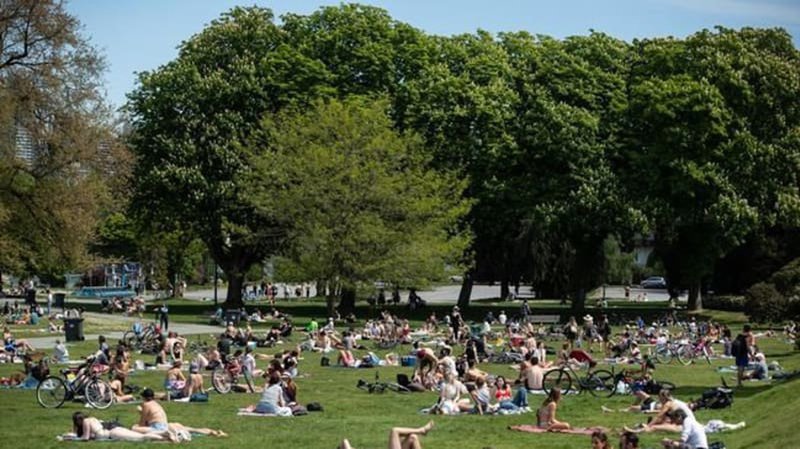
WE fallout and 260 Chinese boats fish near Galapagos; In The News for July 31
In The News is a roundup of stories from The Canadian Press designed to kickstart your day. Here is what’s on the radar of our editors for the morning of July 31 …
What we are watching in Canada …
The WE controversy that has been dogging the Liberals is expected to continue to follow Prime Minister Justin Trudeau and his government after Trudeau’s appearance before a House of Commons committee Thursday.
Opposition MPs on the Commons finance committee are now pushing to hear from more junior staffers in the prime minister’s office, and demanding access to cabinet documents.


